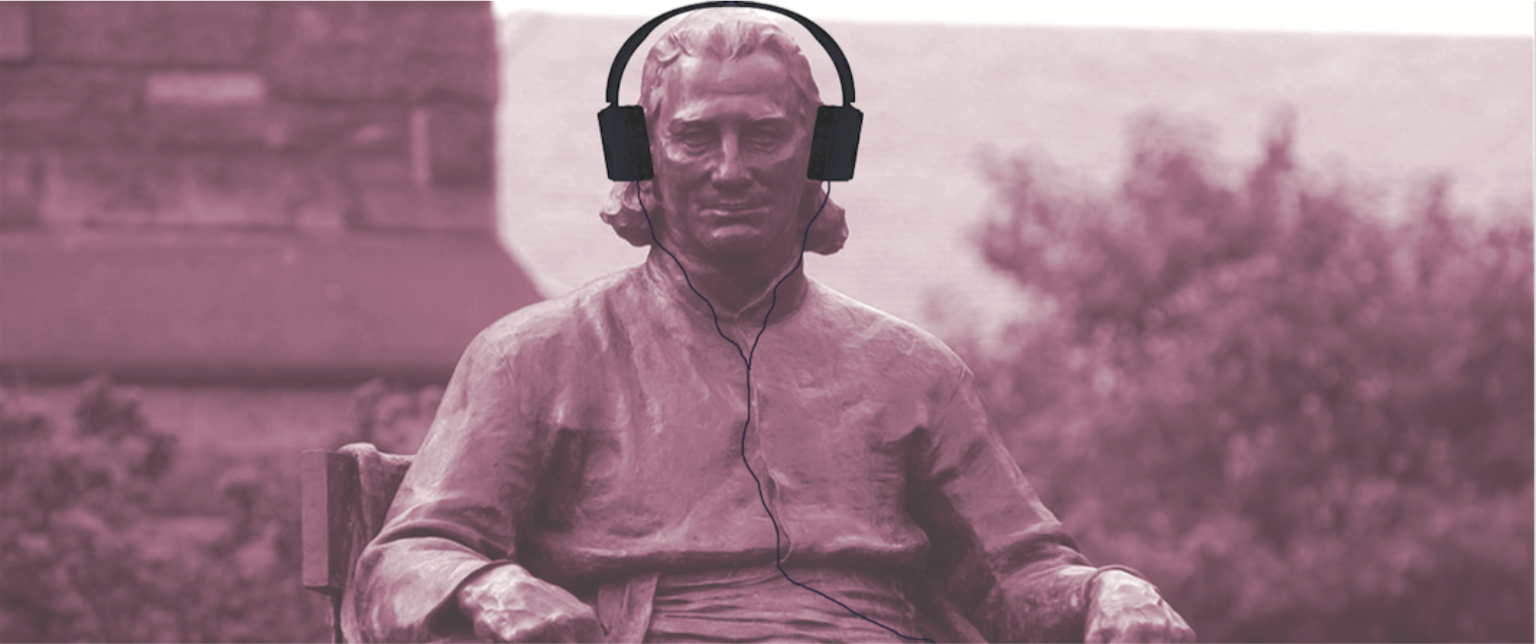Anderson .Paak is truly a jack of all trades: a singer, multi-instrumentalist, songwriter, and producer. His music incorporates a wide array of influences, building from the foundations of funk gods like Parliament and Funkadelic and soul masters like Otis Redding and Stevie Wonder. Yet he also dabbles in the now, as his music frequently contains hints of contemporary R&B and hip-hop. He is the man behind the gorgeous Malibu (2016), which was nominated for a Grammy for Best Urban Contemporary Album. He also won Best Rap Performance for “Bubblin.” .Paak is not a man to be underestimated, and his latest album Ventura (2019) is an indication of his impressive talent.
Ventura is a record that rose from the ashes. .Paak was previously criticised for losing his identity on his previous album, Oxnard (2018). The album, featuring flashy collaborations with artists like Kendrick Lamar and Pusha T, lacked .Paak’s trademark groove, and was characterised by a sense of aggression that often felt forced. However, .Paak ensures that Ventura tackles all the obstacles that its predecessor faced by channeling them into an album that, while mellower, clearly shows that he has much more control over the production, collaborations, and writing.
Much of Ventura is about love—lost and new. The opening track, “Come Home,” featuring Outkast’s André 3000, is a dynamic kick-off that evokes retro-era soul through a spry bassline and hints of flute. .Paak layers on percussion thick and heavy, drawing out a sense of longing—an ache for something more—that encompasses the rest of the record. “I’m begging you, please come home,” he silkily croons and, as a charming meta side-note, adds, “Nobody even begs anymore.” André 3000’s delivery is captivating, seamlessly switching up the flow.
This song is followed by the single “Make It Better,” featuring Motown legend Smokey Robinson. The track is a feel-good, romantic tune, which explores the desire to mend a tumultuous relationship and make things “better.” .Paak’s raspy, golden vocals weave together sweet nothings, “We would make love / At the drop of a hat / Remember that?” Paak’s voice is the perfect combination of hip-hop and Motown, resulting in a honeyed and catchy melody that you’ll find yourself humming throughout the day.
“Winning Circles” is another blissful, love-soaked tune and one of my personal favorites from the album. The bassline plucks at your heartstrings, and the background vocals fly through the air like Cupid’s arrows, hitting their targets every time. The track also shows off the flair and color in .Paak’s personality: “This is not some super conventional, extra slick talk / Meant to convince you of master classes / Reduced to simple form, there’s nothing formulaic about it.”
While there are many instances in Ventura where .Paak uses his lyrics to show off his character, “Reachin’ 2 Much (feat. Lalah Hathaway)” falls flat, with forgettable lines like, “You kiss me too much baby, forgot to wipe my face,” and, “I thank you too much baby, I need to pump my brakes,” that sound more like a poor Tinder dialogue than the expressive poetry .Paak is capable of.
As tightly packed as Ventura is, it has its weak moments. “Chosen One” starts with too many random embellishments, creating a whirlwind of sound that fails to make much coherent sense, although it does it eventually space out to clearer, funky beats and clever lyrics. Another is “Good Heels (feat. Jazmine Sullivan),” which is all smoke and mirrors. While the vocals are sultry, the track leads nowhere. The song “Twilight,” furthermore, is trapped within the confines of its own instrumentals. The repetitive kick and snare pattern feels like a hammer driving into your head, with .Paak’s voice fighting for dominance against the stiff melody.
His politically charged tracks help to cover these blunders. “King James” is a stunning fusion of hip-hop and synth-funk that is full of bite and social awareness. The track grapples with black resistance in our contemporary era and contains gems such as, “We couldn’t stand to see our children shot dead in the streets / But when I finally took a knee, them crackers took me out the league,” and, “What we built here is godly / They can’t gentrify the heart of kings,” all over a tight bassline that makes you want to burst out dancing. .Paak even battles with existentialism on “Yada Yada,” where he teeters on the edge of the void, only to reel himself back in: “Our days are numbered, I’d rather count what I earn.”
The closing track, “What Can We Do?” featuring Nate Dogg, leaves you basking in the blissful glow that Ventura will ultimately be remembered for. Listening to Ventura is like sliding down a sidewalk, with tied up shoes, pressed trousers, a wide brim hat, loud sunglasses, and the sun on your knuckles. It is a feel-good album. It is charged with political meaning. It is romantic, sexy, and frequently feels like running your hands down red velvet. Ventura is a seasonal album: it is spring bottled up and broken down into eleven tracks. Ventura signals the start of something new, of something hopeful, while still holding onto a sense of nostalgia and rose-tinted joy. As .Paak asks, “What can we do? To make it feel just like it used to feel?”








This is just Anthony fantano’s review….